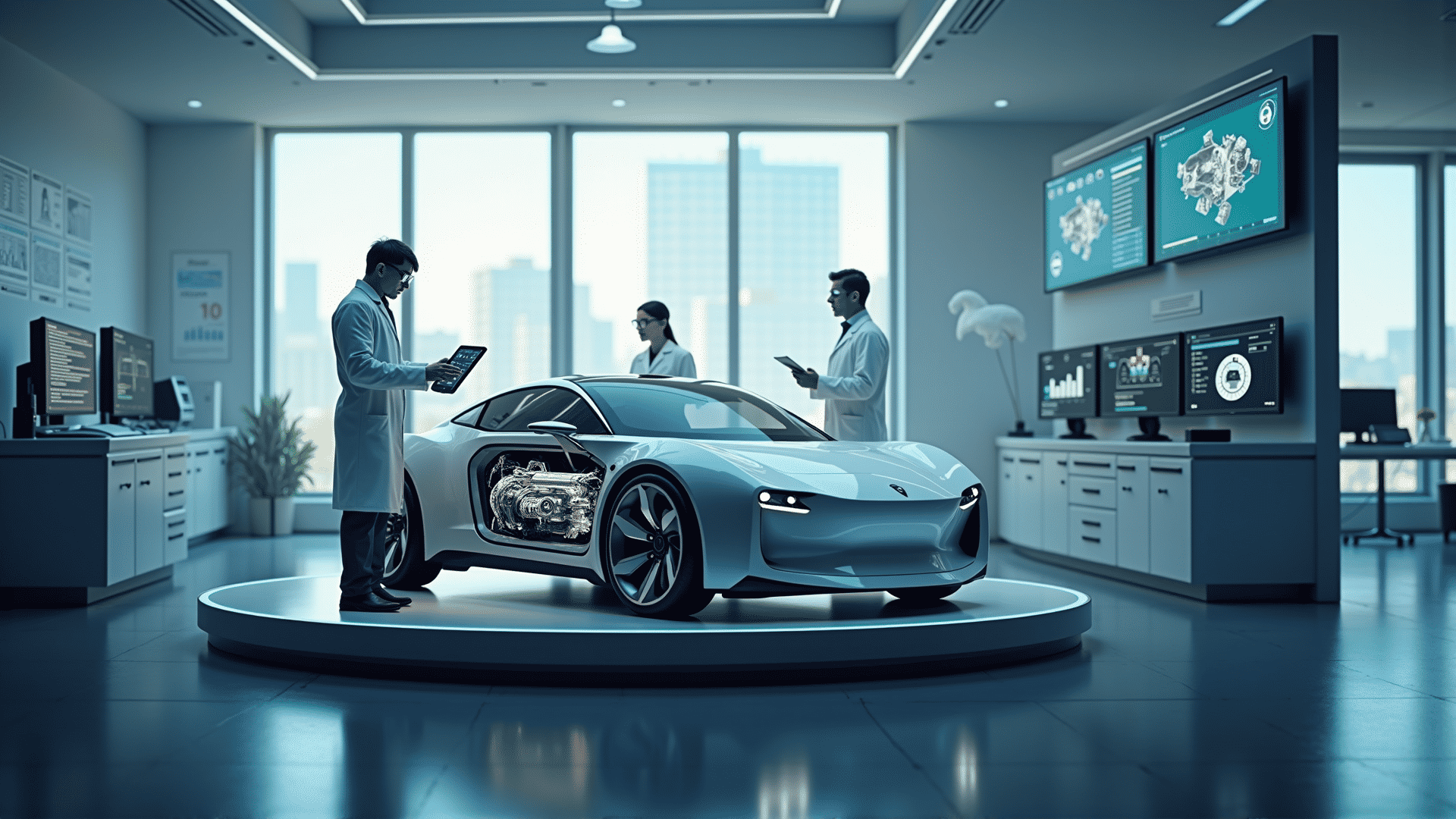In the ever-evolving landscape of automotive technology, the pursuit of power, efficiency, and sustainability stands at the forefront. Enter advanced powertrains, a marvel of engineering that harmoniously balances these elements to redefine modern transportation. These sophisticated systems represent a quantum leap forward in the automotive industry, marrying cutting-edge technology with unparalleled performance.
At its core, an advanced powertrain consists of an integrated system that propels a vehicle, incorporating numerous components such as the engine, transmission, driveline, and related software controls. What separates these contemporary powertrains from their predecessors is their ability to harness and optimize energy with remarkable precision. This is achieved through a seamless blend of combustion engines, electrification, and in some cases, hybrid technologies that ensure the best of both worlds—power and efficiency.
One of the standout features of these advanced systems is their capability to significantly reduce emissions while maintaining performance. With the automotive industry under increased scrutiny to lower its carbon footprint, powertrains play a pivotal role in achieving sustainable mobility. The integration of electric and hybrid powertrains addresses these environmental goals without compromising on the driving experience. Electric motors deliver immediate torque, allowing for swift acceleration that is both exhilarating and energy-efficient.
Furthermore, advancements in powertrain technology have led to improved fuel economy, a critical factor in reducing dependence on fossil fuels. Innovative engineering solutions such as variable valve timing, turbocharging, and the introduction of lightweight materials have all contributed to this achievement. These technologies ensure that engines operate at peak efficiency across a range of driving conditions, minimizing energy wastage and maximizing output.
Beyond fuel economy and emissions, advanced powertrains offer a level of sophistication that enhances the overall driving experience. Intelligent systems automatically adjust power distribution between the engine and electric motor, depending on the demand and conditions. This seamless transition not only optimizes energy use but also delivers a smoother and more responsive driving experience.
The introduction of smart controls and connectivity further elevates the capabilities of modern powertrains. Advanced software allows for real-time monitoring and adjustment of the vehicle's performance parameters, contributing to a more predictive and adaptable driving system. This connectivity extends to anticipating maintenance needs, thus enhancing reliability and extending the life of the vehicle.
As technology continues to advance, the future of powertrains looks promising. Researchers and engineers are constantly exploring new materials and methods to enhance energy conversion, storage, and utilization. The integration of renewable energy sources and regenerative technologies holds the potential to revolutionize how powertrains function in the years to come.
In conclusion, advanced powertrains are setting a new benchmark in the automotive industry, redefining what is possible with vehicle performance. By merging power and efficiency, these systems not only meet but exceed the demands of modern drivers. They embody the perfect synthesis of cutting-edge technology, environmental responsibility, and driving pleasure, representing the future of motoring where efficiency meets exhilaration.
